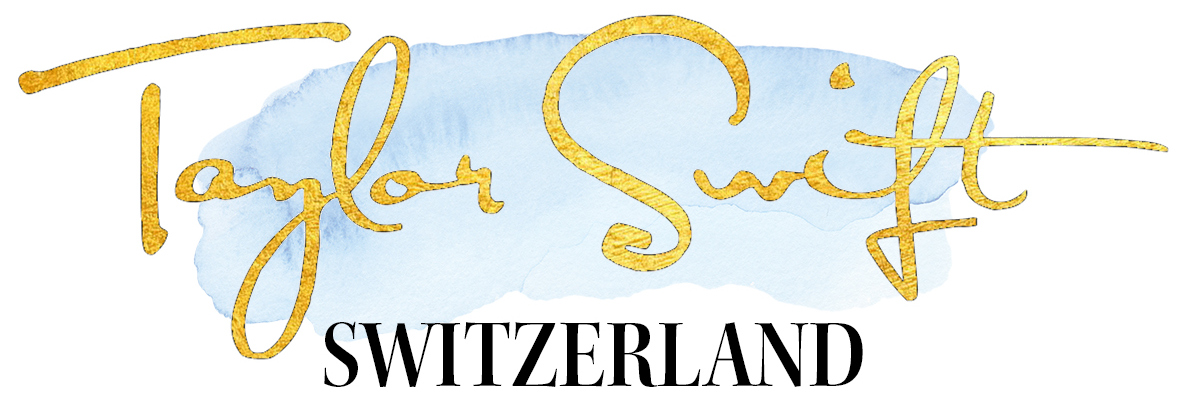
Critic Review
Why "Speak Now" Is Taylor's Best Album: Critic's Take | Billboard, 2017

Billboard asked five writers to argue for one of Taylor's first five studio albums as her best. Here, Jennifer Brittney McKenna makes the case for "Speak Now", Swift's 2010 entirely self-written LP.
Taylor Swift's third album "Speak Now" opens with one of her best songs. "Mine" is pure, Platinum pop-country perfection, as well as an amalgam of what had already made Swift a record-breaking superstar at the age of 20: open-hearted romanticism, a careful balance of pop hooks and gentle twang, and the kind of evocative lyrics that can transport you right back to the halls of your high school or to that last night out with the one that got away. Try finding a better pop lyric than, "You made a rebel of a careless man's careful daughter." It may well be popular music's answer to Hemingway's "For sale: baby shoes, never worn."
There was a lot riding on "Speak Now" for Swift. Her sophomore album "Fearless" took home the Grammy for "Album of the Year", was the best-selling album of 2009, and cemented her as country's biggest crossover star of the new century. While whatever album Swift chose to follow "Fearless" with would inevitably do well, it was also her chance to make a statement to a world of listeners whose ears were now singularly focused on her.
That "Speak Now" is Swift's only album with nary a co-writer in sight is likely no coincidence, then. Producer Nathan Chapman is still behind the boards, but trusted co-writers like Liz Rose are notably absent. While Swift came out swinging on her self-titled debut album and entered the history books with "Fearless", "Speak Now" was and remains her most complete artistic statement, and also the clearest portrait of who Swift is and what she cares about.
In many ways, "Speak Now" is the last album Swift made before the "wide-eyed gaze" she'd sing about on "RED" standout "All Too Well" began to narrow into a cynical glare. Take single "Mean," for example. While basking in victimhood on "reputation" lead single "Look What You Made Me Do" has painted Swift as vindictive, the scrappy, banjo-led optimism of "Mean" was endearing. The track, allegedly written in response to criticism from decades-older music blogger Bob Lefsetz, also finds Swift engaging in a rare moment of vulnerability, acknowledging she's been "knocked off [her] feet" and admitting, "You can take me down with just one single blow."


Rose-colored cuts like "Sparks Fly" and "Enchanted" are emblematic of Swift's fascination with fairy tales and happy endings, but avoid cliché with tactile imagery like "The way you move is like a full on rainstorm / And I'm a house of cards" in the former and refreshingly honest relationship snapshots like the "Forcing laughter, faking smiles" intro to the latter. The power balladry of "Enchanted" is one of several tracks on "Speak" Now that find Swift venturing outside of the boundaries of country music, including the symphonic goth-rocker "Haunted" and the Paramore-esque "The Story of Us." Swift would go a little bolder with those experiments on "RED" before eschewing country altogether on "1989" and beyond, making "Speak Now" something of a bridge between the "old Taylor" and the one we (sort of) know today.
Though her gaze on "Speak Now" was wider than her current one, there are also shades of the Taylor to come in the album's lyrics. "Dear John" is a scathing-by-any-standard rebuke of an ex-lover, presumably aimed at John Mayer, and with the bluesy electric guitar licks to prove it. The refrain to the regrettably slut-shaming "Better Than Revenge" ("There is nothing I do better than revenge") can be read as a prequel to "The world moves on, another day, another drama drama/ But not for me, not for me, all I think about is karma" in "Look What You Made Me Do." Notably, "Speak Now" seems also to have been the Swift album that first launched a thousand "Who is she writing about?" gossip pieces, a trend which has only grown with each of her subsequent album releases, and which directly informed both "reputation's" cover artwork and its subject matter.
A "Speak Now" track of particular interest in light of some current Swift-centric events is "Innocent," which she wrote in response to the infamous 2009 Kanye West moment at the 2009 MTV VMAs. While it certainly came across as condescending upon its release, it's aged particularly poorly by 2017, especially when considered within the current political climate and regarded alongside "reputation"-era jabs at West's "tilted stage." Given the current news cycle, even the title "Speak Now" reads differently in retrospect, as there are plenty of folks dying for Taylor Swift to do just that.
While "Speak Now" does have a couple missteps, it's also the most complete rendering of golden-age Taylor, with the kind of earnest introspection and refreshing vulnerability. The old Taylor may not be able to come to the phone right now, but the voice on the other end of "Speak Now" never rang louder or truer.
Source: Billboard






